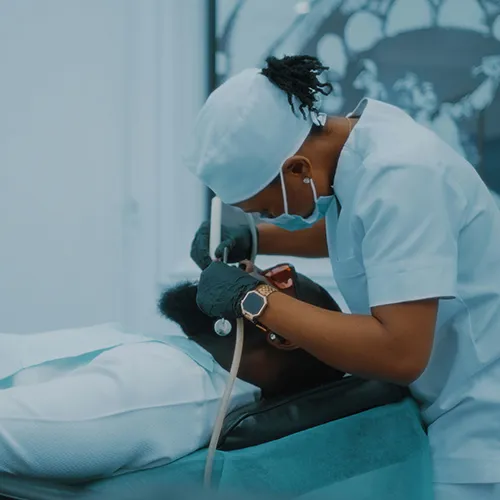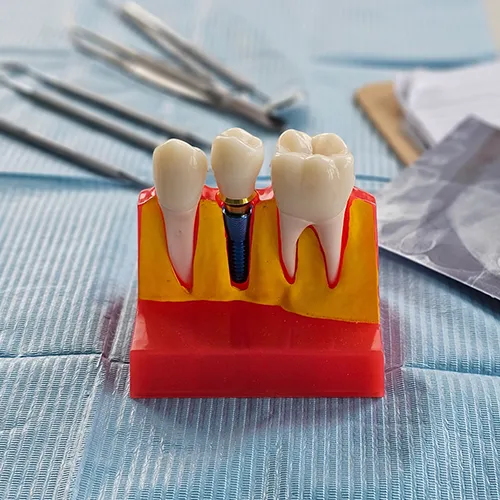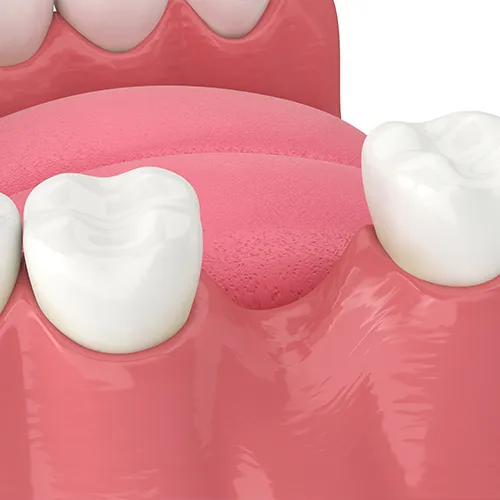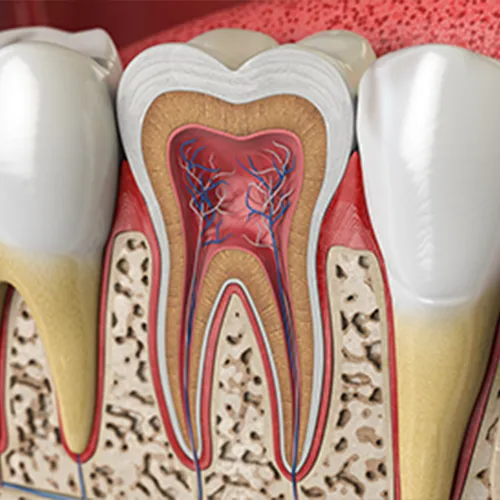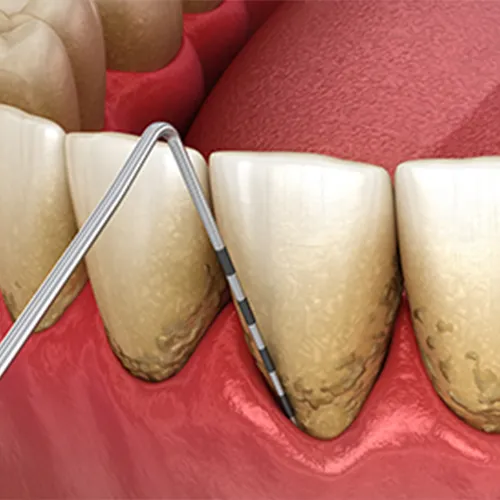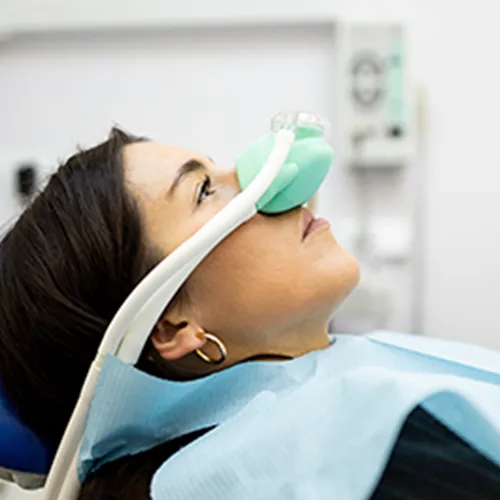Emergency Dentistry
Root Canal’s Done, Now What? Let’s Talk About Recovery and Care
Root canals get a bad rap, but let’s be honest, when you're dealing with deep tooth pain, they’re often a lifesaver. And if you’ve recently had one (or have one coming up), it’s not just the procedure that matters—it’s how you care for your tooth afterward. Post-root canal care plays a major role in how well you heal and how long your newly treated tooth lasts.
At Complete Health Dentistry, we walk with our patients every step of the way, from the moment they walk into our office to long after they head home. So let’s talk real recovery. What should you expect after a root canal, what’s normal, what’s not, and what can you do to keep your mouth healthy moving forward?
How long does it take to recover from a root canal?
Short answer? Most people feel significantly better within a few days. But that doesn’t mean your tooth is fully out of the woods just yet.
The first 24–48 hours:
Expect some tenderness or mild pain around the treated tooth and jaw area. Your body is adjusting to the cleaning and reshaping that happened during the procedure, and inflammation is normal. Over-the-counter pain relievers usually do the trick, and we’ll let you know if anything stronger is recommended.
The first week:
You may still notice sensitivity while chewing, especially if a temporary filling was placed. Stick to soft foods and avoid anything crunchy, sticky, or hard. Think mashed potatoes, soups, smoothies, scrambled eggs; your tooth will thank you.
One to two weeks later:
This is typically when we schedule your follow-up visit to place a permanent crown or restoration. It’s crucial. A root canal-treated tooth becomes more brittle over time, and a crown adds the protection it needs to stay strong and functional.
Remember: If pain gets worse instead of better, or you experience swelling, fever, or a bad taste in your mouth, call us immediately. That’s not standard healing and needs a closer look.
Can I eat normally after a root canal?
Eventually, yes. But right after the procedure, not quite.
Start by waiting until the numbness from the anesthetic wears off completely before eating anything. It’s easy to accidentally bite your cheek or tongue when you can’t feel them. Once sensation returns:
Stick to the soft stuff.
For the first couple of days, choose soft, bland foods like yogurt, oatmeal, avocado, or steamed veggies. Avoid extremes; nothing too hot, cold, or spicy.
Chew on the opposite side.
If possible, don’t chew on the side of your mouth where the root canal was performed. This helps avoid putting pressure on the treated tooth before it’s fully restored.
Hold off on the hard stuff.
Nuts, popcorn, ice cubes, chips; save them for later. These can crack your temporary filling or irritate the area.
Once your permanent crown is placed and healing is complete, you’ll gradually return to your normal diet. Just keep flossing, brushing, and showing up for your regular dental visits to keep things in check.
Do I still need to care for a tooth that had a root canal?
Absolutely. A root canal saves your natural tooth, but that tooth still needs ongoing care—maybe even more attention than before.
Here’s why:
While the infected pulp and nerve have been removed, the outer structure—the enamel, dentin, and surrounding gum tissue—remains very much alive. The blood supply and support around the tooth are still functioning, and the crown or filling placed afterward only provides external protection. The long-term success of that work depends heavily on how well you take care of it day-to-day.
Neglect it, and you could be dealing with cracks, decay around the crown, or even a reinfection that requires retreatment. But give it a little consistent care, and that tooth can stay healthy for decades.
Here’s how to care for it:
- Brush gently but thoroughly twice a day using a fluoride toothpaste. Focus on cleaning all sides of the tooth and not just brushing in a rush.
- Floss daily, especially around the treated tooth. Plaque tends to collect where restorations meet natural enamel, so this is your first line of defense.
- Be mindful of how you use your teeth. Don’t chew ice, open packages, or bite hard objects with that tooth. It's strong—but not invincible.
- Watch for signs of wear on your crown or filling. If it feels loose, cracked, or uncomfortable when you bite, book an appointment.
- See your dentist regularly for checkups and cleanings. We’ll make sure everything looks good beneath the surface and that the tooth stays protected.
It’s easy to assume the job is done after the root canal and crown, but think of it more like phase one of a long-term investment. With good habits, that investment can last a lifetime.
Extra tips to make recovery smoother:
- Sleep with your head elevated for the first couple of nights if there’s swelling.
- Use a cold compress to ease discomfort and reduce inflammation.
- Skip alcohol and smoking during recovery—they slow healing.
- Rinse with warm saltwater to keep the area clean and promote healing (once or twice a day).
- Take all medication as prescribed—especially antibiotics, even if you’re feeling fine.
And maybe this one’s obvious, but: don’t skip your follow-up. Delaying your crown or final restoration can put your tooth at risk of breaking or becoming re-infected. We get it—life happens. But this is one of those appointments that really needs to happen.
Let’s keep that smile going strong
Getting through a root canal is a big deal, and if you’re reading this after just finishing one, you deserve a little fist bump. Now, it’s time to let that healing happen and set your tooth up for long-term success.
If it’s been a while since your root canal and you’re unsure whether your restoration is holding up, or if you’re noticing any pain, pressure, or swelling, don’t wait. We’re here to make sure your care doesn’t stop at the chair.
Call Complete Health Dentistry today to schedule your next visit. Whether it’s a follow-up, a new crown, or just a check-up, we’re ready to help you smile without worry.



